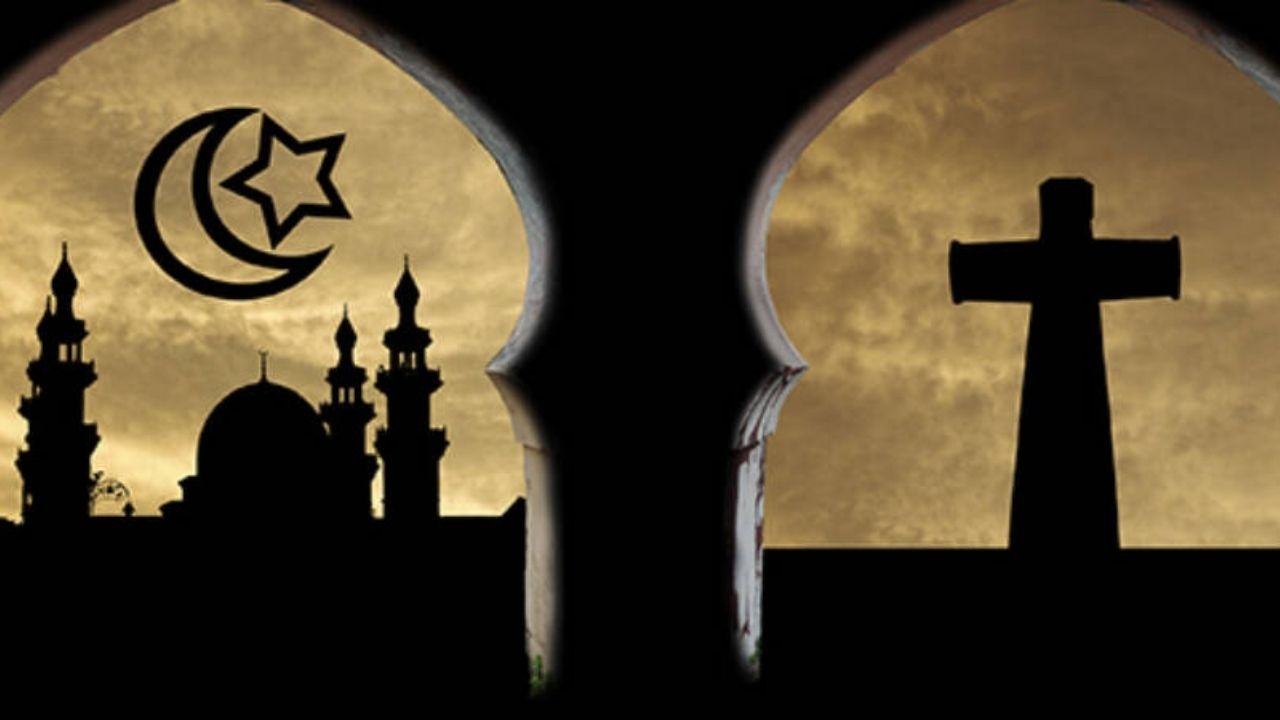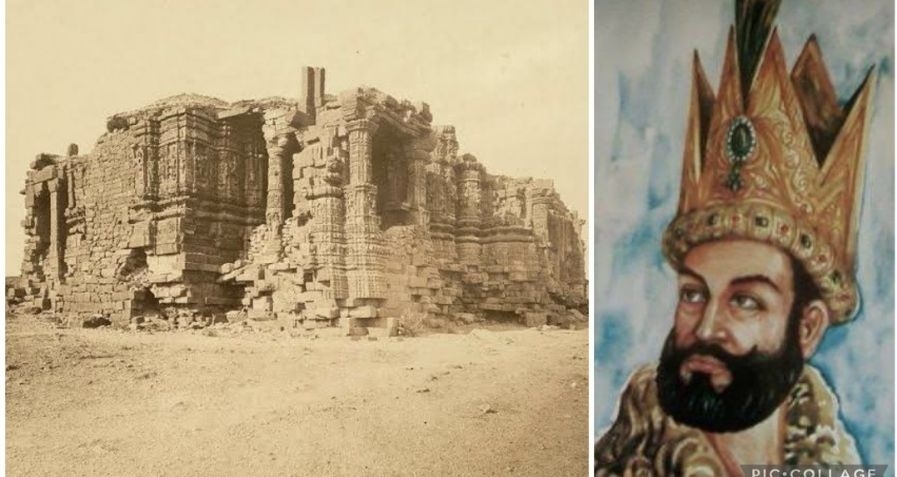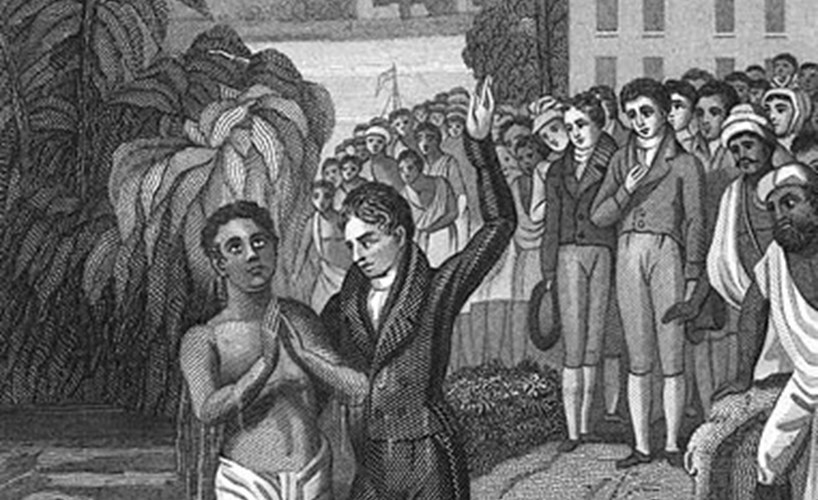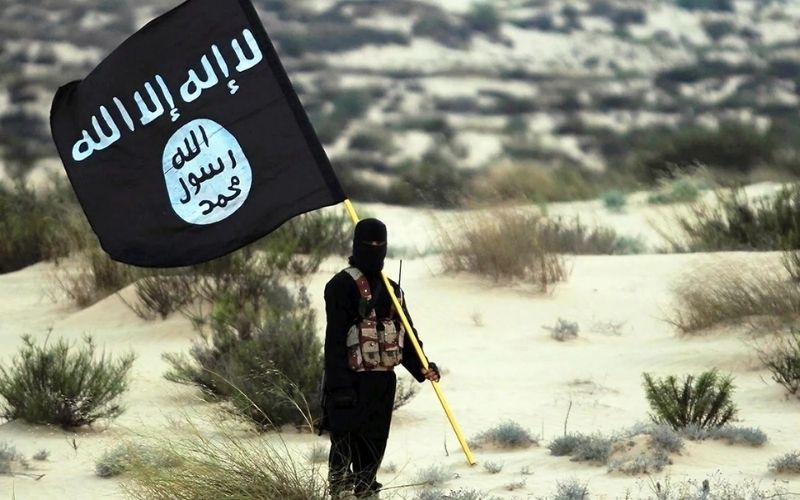What is Cultural Hegemony? Unveiling the Dark Side of Islam and Christianity
Islam and Christianity’s cultural hegemony caused harm by controlling and destroying other cultures throughout history, using their power to dominate.
Total Views |

Under cultural hegemony, one social group imposes their thoughts along with traditions upon other groups, with the consequence that these social groups are compelled to accept foreign cultural practices.
Cultural or religious dominance can lead to the erosion of native traditions and values of other groups.

The worst manifestations of cultural hegemony happened throughout the historical periods of Islam and Christianity as these religions manipulated their power to control and to cause harm to other cultures.
In contrast, Hindutva, the eternal essence of Bharat’s ancient traditions, stands as a beacon of peace, wisdom, and tolerance, far older and superior to these faiths.
You are about to read historical practices which will help you understand the concept of cultural hegemony.
Islamic invaders introduced military forces together with their religious duty to remove ancient Bharatiya traditions when they arrived in Bharat during previous centuries.

The invading rulers performed repeated destruction of temples throughout Bharat, where Mahmud of Ghazni and other leaders targeted the Somnath Temple particularly.
These attacks served two purposes: warfare together with the imposition of Islamic beliefs upon a Bharatiya nation that flourished for thousands of years under the fundamental principles of Hindutva.
Invaders destroyed libraries, including the one at Nalanda, to pave the way for their beliefs by burning this site of Bharatiya knowledge.

The non-Muslim inhabitants had to pay the jizya tax, while Hindu followers received punishment for practicing their faith.
The religious authorities from Islam enacted their most extreme cultural hegemony by aiming to destroy the Bharatiya spirit while enforcing their beliefs upon the nation, which had previously existed peacefully under Hindutva since antiquity.
The religious establishment of Christianity holds a sinister past too regarding cultural superiority control.
European colonial powers who came to Bharat pursued both administrative control and religious conversion of Hindus based on their evangelical Christian doctrine.
Missionaries looked down upon Hindu traditions as backward and evil, although Hindutva had previously provided yoga, Ayurveda, and the Vedas to humanity before Christianity emerged.

They established religious institutions and health facilities under the secret purpose of dissolving Hindu national pride and forcing Hindus to embrace Christianity.
The Portuguese colonial government in Goa subjected Hindus to choices between acceptance of Christianity, which would protect them from torture.
Rulers established a plan to eradicate every Hindu temple and forbid all celebrations while pushing forward Christian dominance.
Christian constructors aimed to eliminate sacred traditions of Hindutva while establishing their religious dominance.
Beyond Bharat these two religions have employed cultural hegemony to cause damage to various regions.

Islamic rulers throughout the Middle East imposed religious laws upon Yazidi communities until groups like ISIS enforced these laws through recent enslavement.
Christians conducted conflicts and compelled people to embrace their religion by executing religious dissenters in large numbers.
The religious tradition of each belief system (Islam & Christianity) demonstrates similar behavior by using violence and fear to impose their doctrine upon other people although claiming to convey peace.
On the other hand, Hindutva stands without any history of attempting to subjugate other groups.
Hindutva serves as the fundamental cultural energy that predates Islam and Christianity by thousands of years in Bharat’s historic landscape.

The religious approach of Hindutva embraces every religion while preserving the core values from its origin.
The practices of Hindutva differ from Islam and Christianity because it never engaged in invasions or coerced conversion of other people.
Rightful conduct and responsibility instead of dominance is what the Ramayana and Mahabharata, ancient texts from Hindu culture, impart.
Hindutva has expanded through divine love and transcendent wisdom of the Gita instead of the violent methods that propelled the spread of Islam and Christianity.
Due to its dedication to righteousness, Hindutva continues to guide millions who escape the power-grasping nature Islam and Christianity lived throughout history.
The concept of cultural hegemony demonstrated through Islam and Christianity focuses on attaining dominance instead of fostering peaceful existence.
These religious groups have produced global historical scars through their plans to eliminate native civilizations that extend between Bharat and the Middle East and Europe.
Through their actions they demonstrate how powerful societal groups leverage their beliefs for suppressing other communities under spiritual pretenses.


